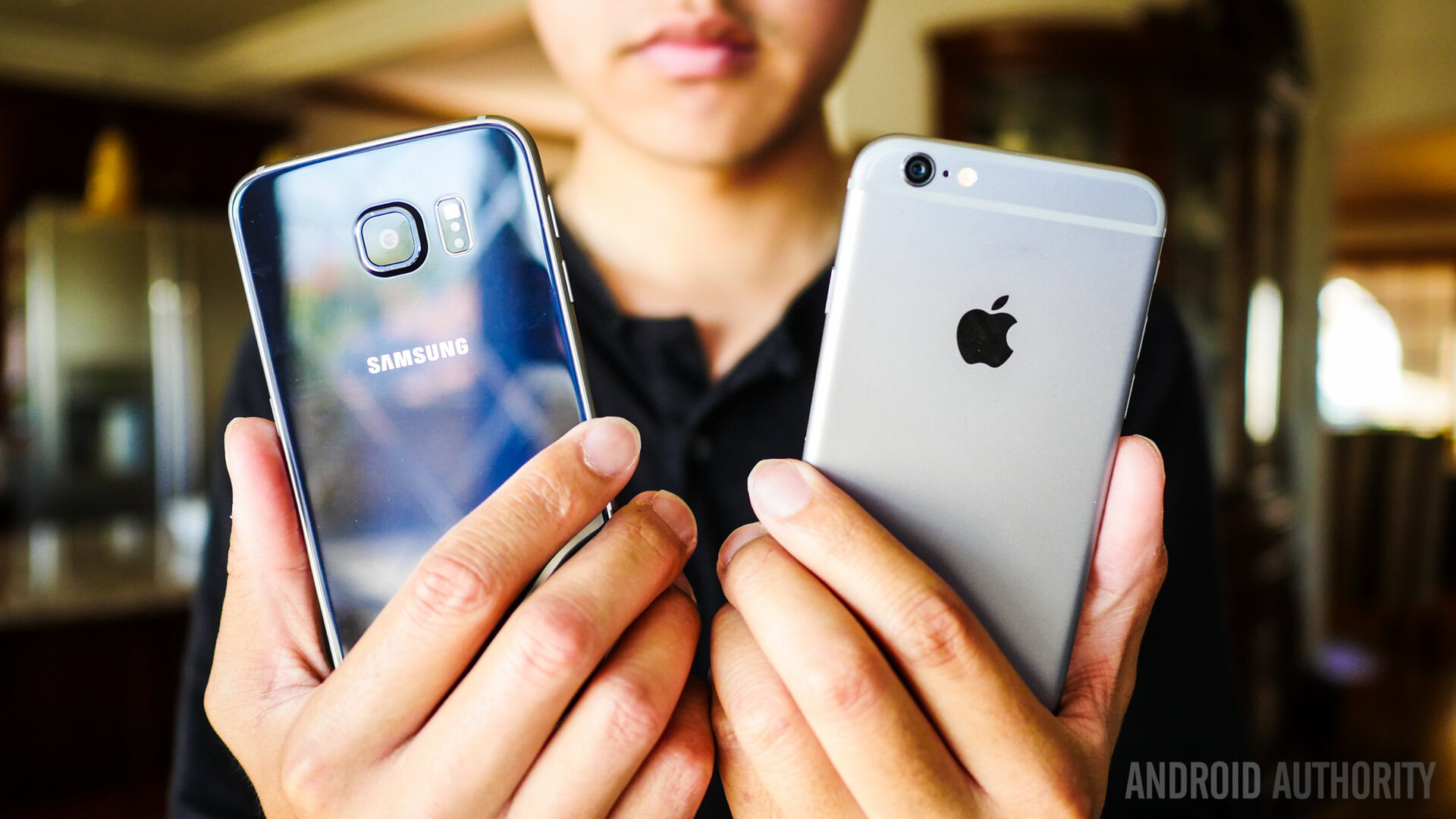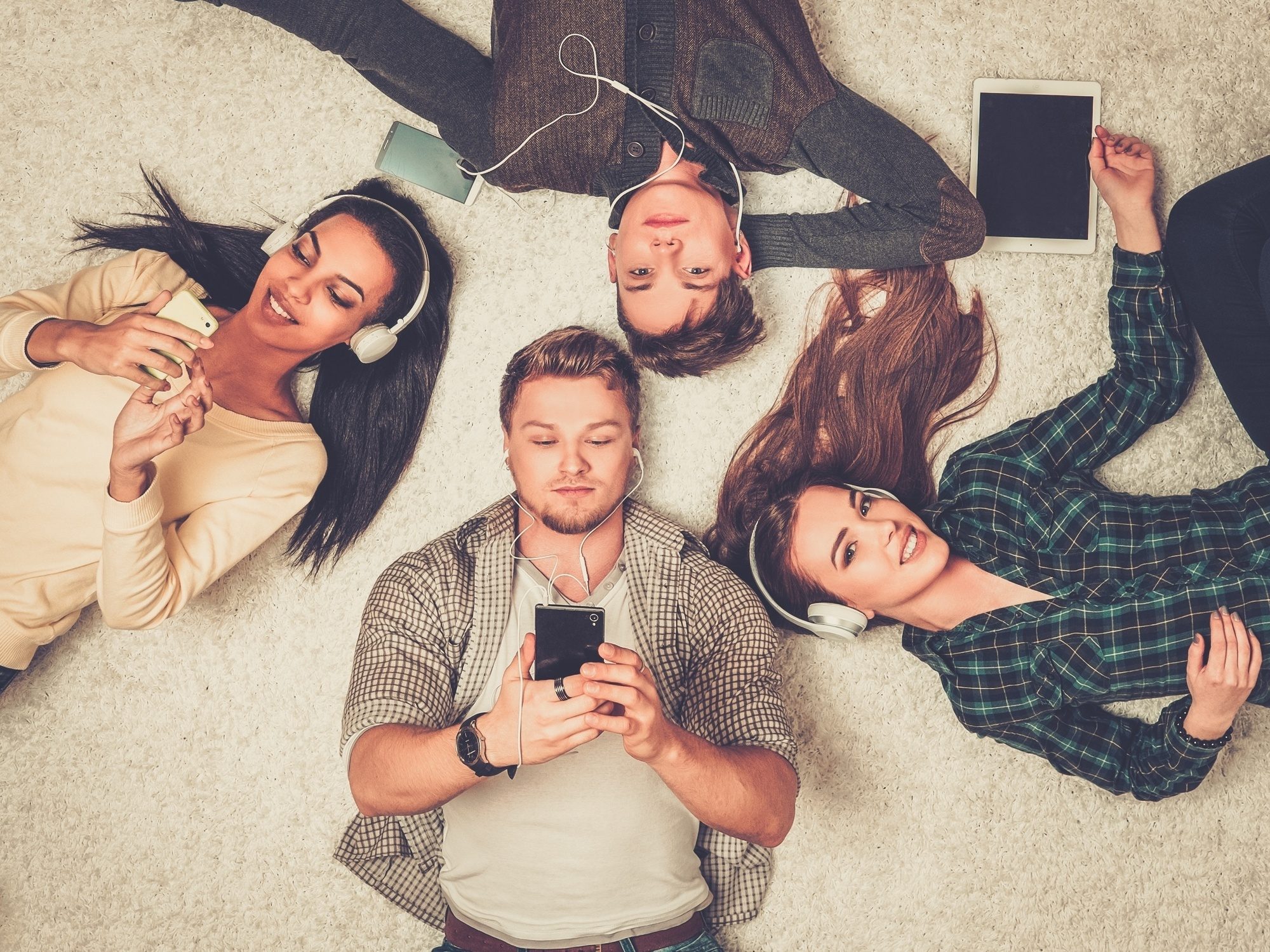Affiliate links on Android Authority may earn us a commission. Learn more.
Mobile phones don't cause brain cancer after all: study
Published onMay 9, 2016

We’ve all been told a lot of things that may or may not be true over the course of our lives: don’t swim for an hour after eating, drink water upside down to cure hiccups and cell phones cause brain cancer. However, a new 30-year study out of Australia claims that there is no correlation between increasing usage of cell phones and incidences of brain cancer.

The study, run by the University of Sydney, looked at 34,000 men and women diagnosed with brain cancer between 1982-2012 and national mobile phone usage data between 1987-2012. The study found that age-adjusted incidences of brain cancer in those aged between 20-84 (per 100,000 people) were stable in women and had only slightly increased in men over the 30-year period.

Mobile phone usage has increased from less than 10% in 1993 to more than 95% today. The only group that showed any significant increase in cancer rates was the 70+ age group. But the increase in this population began in 1982, long before cell phones were introduced in Australia. The research proposed the increase was likely attributable to improvements in diagnostic detection. The researchers concluded that “we found no increase in brain cancer incidence compatible with the steep increase in mobile phone use.
The study found no increase in brain cancer incidence compatible with the steep increase in mobile phone use.
While this study disproves the incendiary claims made for decades now over the links between cell phones usage and brain cancer, another recent study claimed that cell phone usage exceeding 15 hours per month can increase risk of brain cancer threefold. For every study claiming one thing there is another claiming the opposite. So until multiple studies definitively prove there is no connection, please take the cautious route. And stay out of the water after eating, OK?
You can read the full study in The International Journal of Cancer Epidemiology, Detection and Prevention.
Do you think there’s a connection? How many hours do you spend on your phone per month?